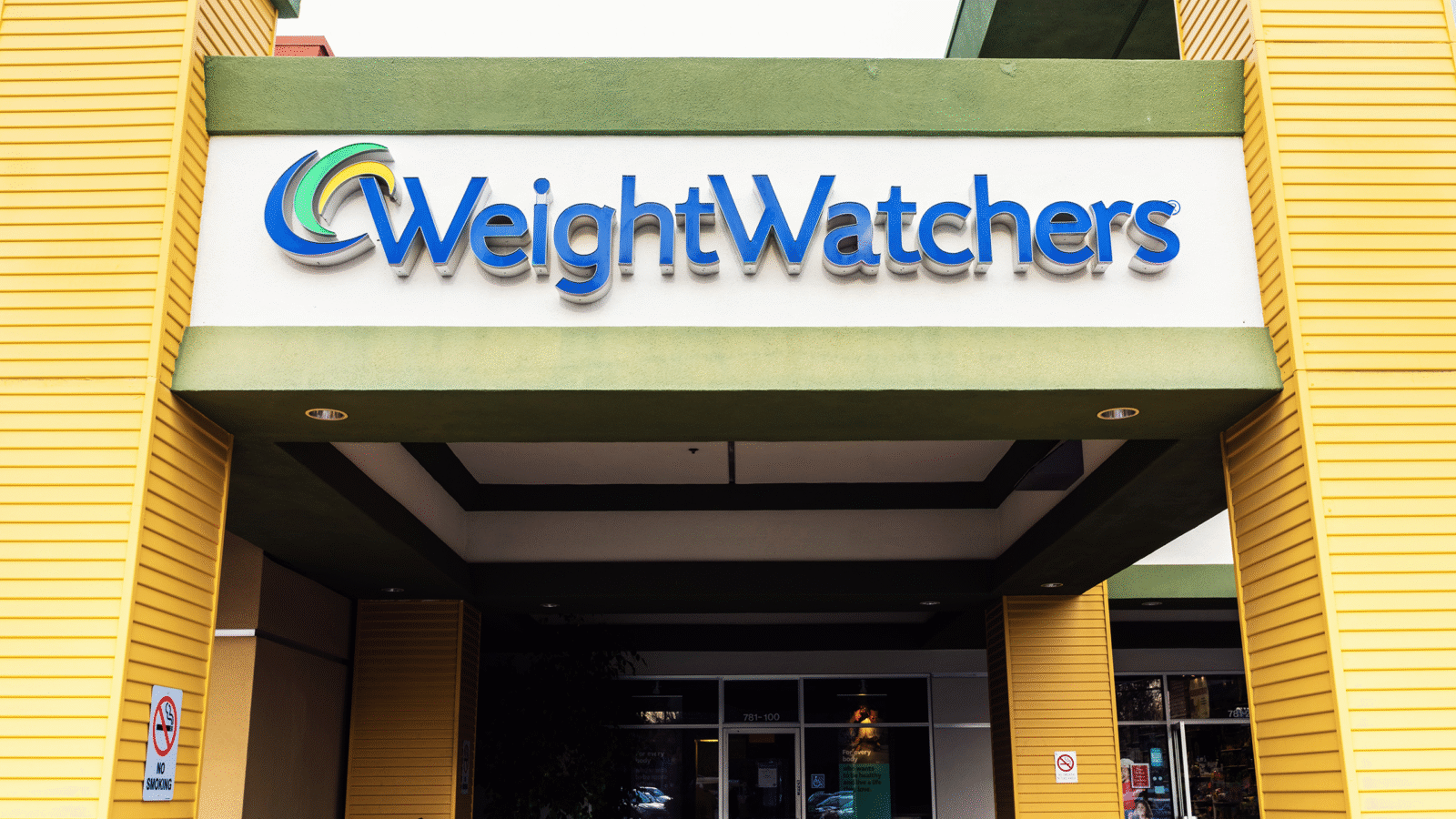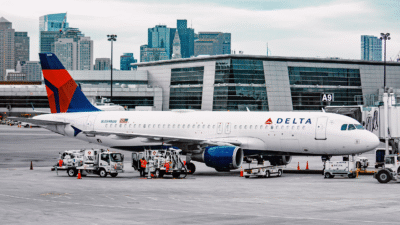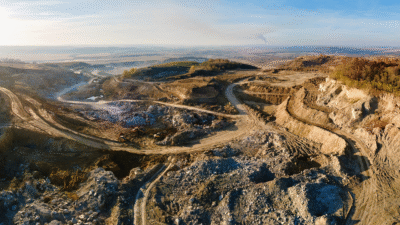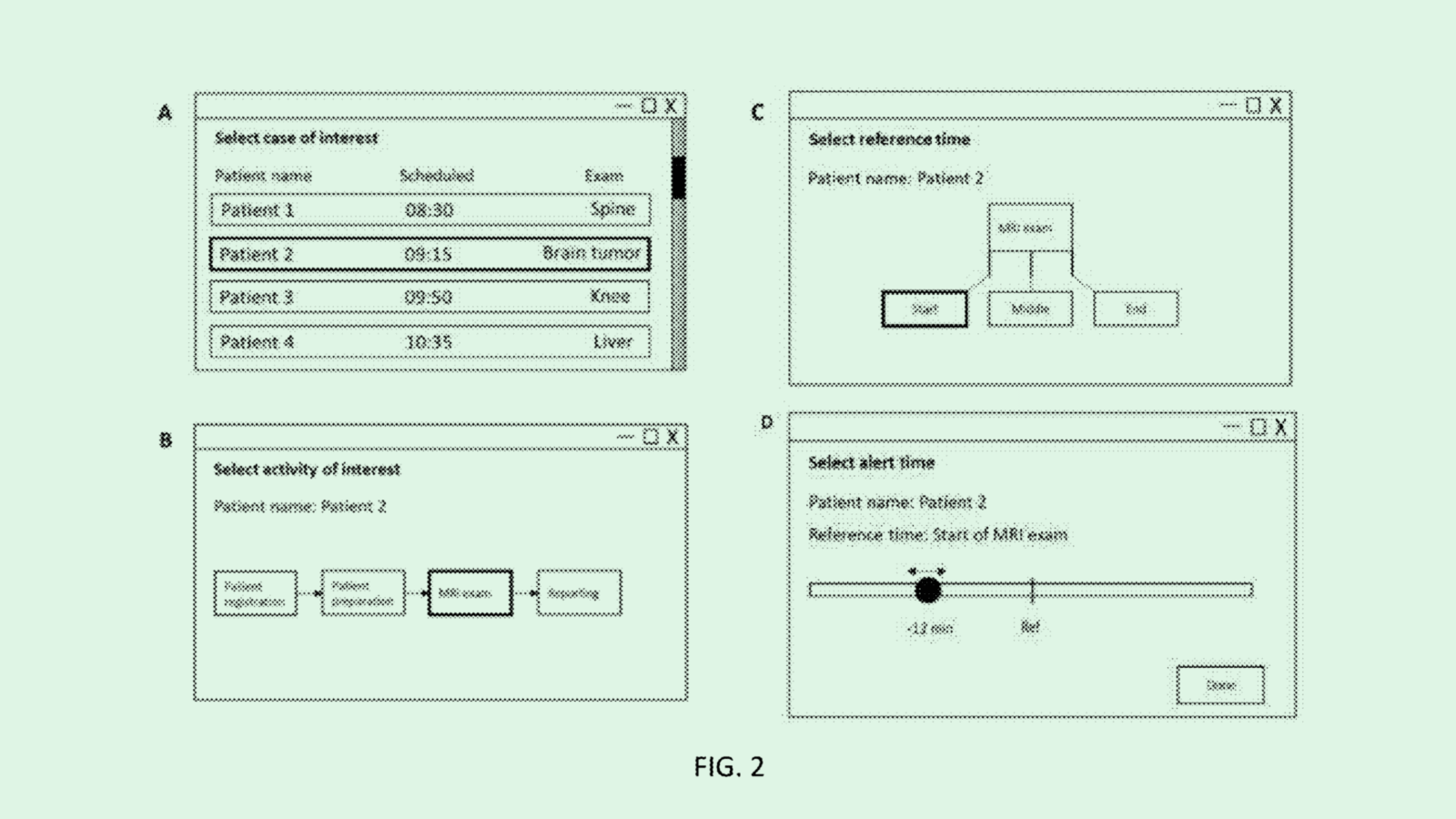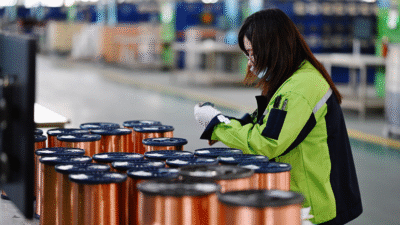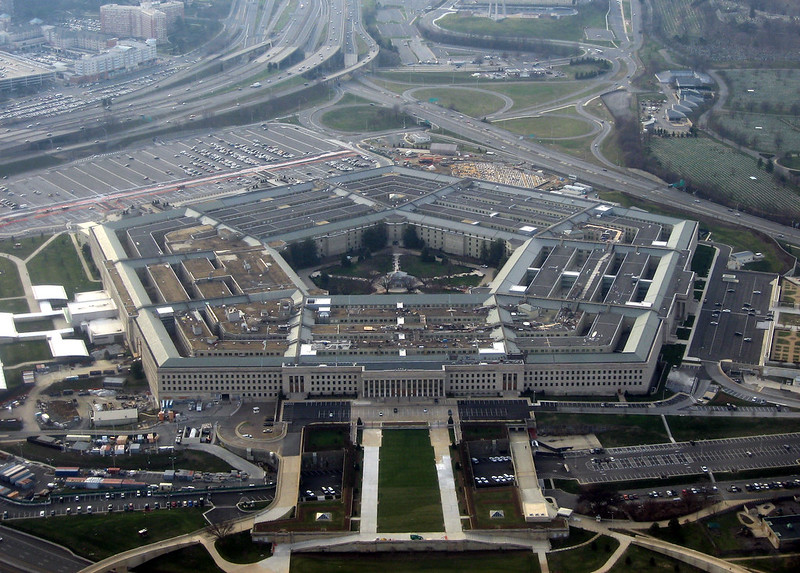
Sign up for smart news, insights, and analysis on the biggest financial stories of the day.
“This is an acquisition to end all acquisitions” — Woodrow Wilson, probably.
Anduril, the California-based defense company founded by tech luminary Palmer Lucky, has reached a deal to acquire Adranos, an Indiana-based developer of rocket engines used in conventional and hypersonic missiles.
With the Pentagon facing a rocket motor shortage and conflicts breaking out all over the place overseas, business has been brisk for Anduril.
Failure to Launch
Founded in 2017 by Luckey — who sold his virtual reality startup Oculus to Facebook for $2.1 billion at the ripe age of 21 — Anduril has carved a unique path in the notoriously difficult-to-crack defense industry. While many Big Tech outfits shy away from Department of Defense work due to PR and HR considerations, Anduril has navigated the long procurement cycles and penetrated the strong circle of trust needed to win chunky Pentagon contracts.
Last year Anduril raised $1.5 billion in one of the largest venture capital rounds of the year and notched a $1 billion contract with the DoD for counter-drone work with the DoD’s Special Operations Command. Luckey has said the company now works with many branches of the US military, “half a dozen NATO allies,” and has “hundreds of millions” in annual revenue.
Anduril’s acquisition of Adranos comes at a moment of acute supply-demand dislocation in the military supply market:
- After years of consolidation, the number of prime defense contractors has collapsed from 51 in the 1990s to just 5 today, a reality the DoD warns is a risk to national security.
- A 2022 report from the Center for Strategic & International Studies highlighted that the quantity of Lockheed Martin/Raytheon-produced Javelin missiles transferred to Ukraine through late August 2022 represented a staggering seven years worth of production capacity at the time, highlighting how changing wartime conditions can leave supply chains stretched.
VC firms have been increasingly keen to plug this gap. In recent years, an average $6 billion of venture money has flowed into the US aerospace and defense market, up from around $1 billion in 2017. Adranos CEO Chris Stoker told the WSJ, “The demand signals are really strong and the providers are few.”
Implications: A growing number of military experts say consolidation in the US military complex has hampered innovation. Steve Blank, co-founder of the Gordian Knot Center for National Security Innovation at Stanford University, estimates that Beijing’s capital infusion into the tech sector — including military tech — totals more than $1 trillion. “China is organized like Silicon Valley,” and the Pentagon is organized more like a Detroit automaker, he said. “That’s not a fair fight.”
